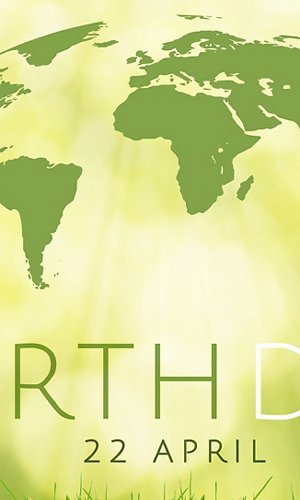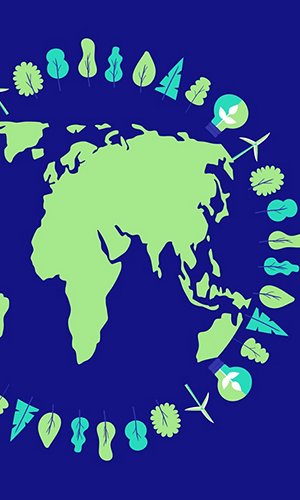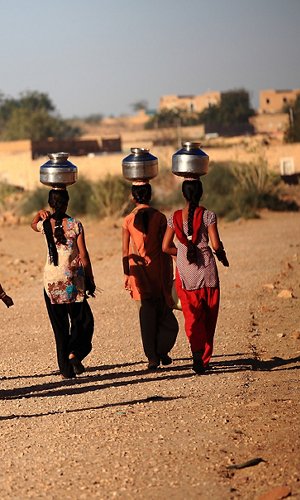Every day the Earth offers us countless resources, such as food, timber, CO2 absorption by forests and oceans, fibre, space to live. Today, July 28, humankind will reach the day when the demand for resources and services will exceed what the Earth can renew during this year. This day is called Earth Overshoot Day, the day on which the Earth’s resources begin to be overexploited, marking the moment when the human race officially enters into debt with nature. Every year, the Global Footprint Network, an international association for sustainability that deals with environmental accounting, together with the Scottish Environmental Protection Agency (SEPA), calculates both globally and by country, the Overshoot Day.
Earth Overshoot Day, therefore, indicates the day on which the rate of consumption (global or national) exceeds the Planet’s capacity to produce those same resources: thus, until the end of the year, we will continue to overexploit land, forests, energy and fish reserves. In 2020, due to the Covid-19 pandemic, Overshoot Day was put back by no less than 3 weeks as compared to 2019, and fell on 22 August. In 2021, we went back to exactly the same levels as 2019 (when Earth Overshoot Day arrived on 29 July), the year when the overshoot day set a record, because never before had it occurred so early. This year, it once more arrived one day earlier.
Given how much we consume, we would need 1.75 Planets to meet our needs. However, there are huge disparities between countries: Italy, for example, is near the top of the list of the wasteful nations, since it reached its Overshoot Day on 15 May 2022. There are far more wasteful countries, such as Qatar (10 February), Luxembourg (14 February), the United States (13 March), Australia (23 March), South Korea (2 April), and Russia (19 April). If we consider Central and South America, on the other hand, we find nations that manage to make do with the Earth’s resources for almost the entire year: Colombia (8 November), Cuba (25 November), Nicaragua (6 December), and Ecuador (20 December).
An important specification that we share is one pointed out by the Global Footprint Network itself: calculations are made based on a set of historical data provided by the UN that may have a time lag of three years and are therefore subject to correction based on predictive data.
They are, therefore, estimates but are nonetheless useful in understanding that it is essential to change course as soon as possible. That’s why Global Footprint Network experts have launched the #Movethedate campaign, which consists of a call for everyone to do their part to start slowing down the clock.





